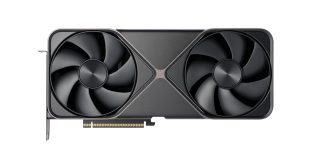While Sony has over time adopted a more multi-platform approach to its game development, Nintendo has remained rather rigid with its own first-party titles. The exception to this rule has been with the mobile market, where Nintendo has translated some of their franchises into mobile experience. It seems that one of these mobile titles – Mario Kart Tour – might actually be coming to PC.
As reported by ResetEra user MondoMega, a recent update to mobile game Mario Kart Tour has been datamined, offering insight into Nintendo’s future plans for the title. The game itself looks to be getting some rather significant additions and improvements, from new courses to a battle mode, and even the inclusion of anti-gravity. Furthermore, it seems Tour will in some way connect to Mario Kart 8 Deluxe – though for what purpose we do not yet know.
Perhaps the most interesting detail however is a text string which hints at future PC support. According to MondoMega, mouse support has been added to the game as well as references to support for ‘Native Emulation’. This is most likely related to an upcoming service by Google which will see Google Play Store apps and games officially playable on PC through emulation.
It seems Nintendo is gearing up for this service, and while Mario Kart Tour coming to PC is certainly less exciting than if 8 Deluxe were to find its way onto Steam, any steps by Nintendo – no matter how small – into the PC market is a welcome one indeed.
Discuss on our Facebook page HERE.
KitGuru says: What do you think of these details? Would you play Mario Kart Tour on PC? What do you think Nintendo is planning? Let us know down below.
 KitGuru KitGuru.net – Tech News | Hardware News | Hardware Reviews | IOS | Mobile | Gaming | Graphics Cards
KitGuru KitGuru.net – Tech News | Hardware News | Hardware Reviews | IOS | Mobile | Gaming | Graphics Cards


